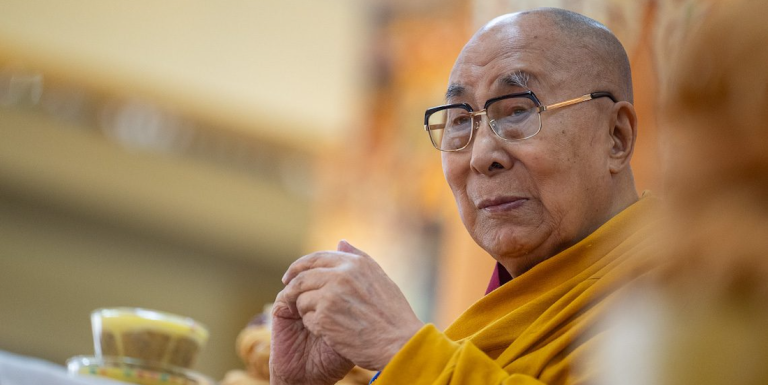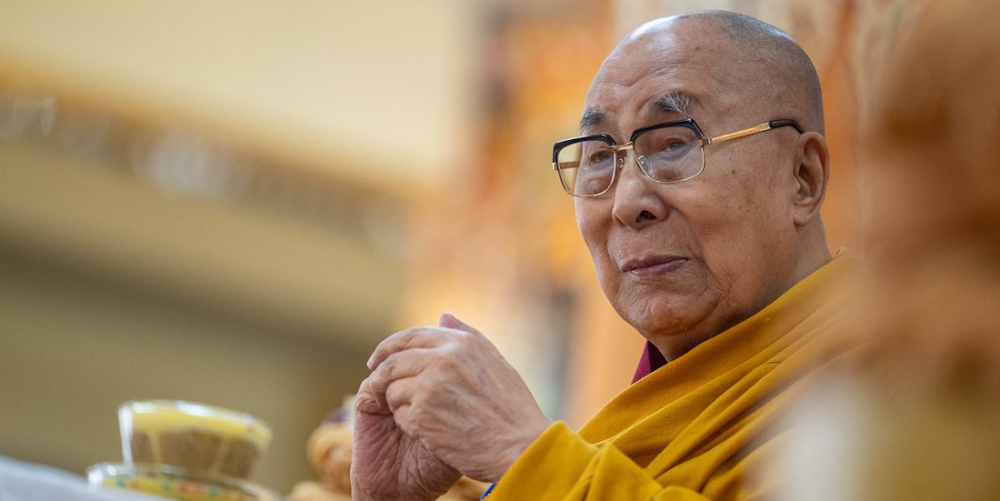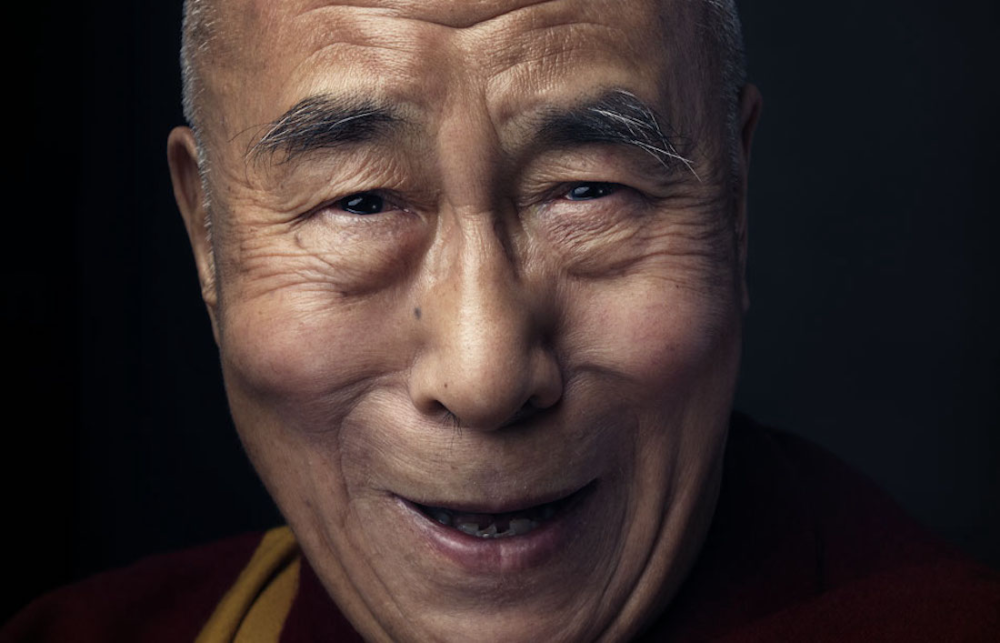
Spiritual Leader Hints at Succession Framework Ahead of 90th Birthday Celebration This July
Dharamshala — His Holiness the Dalai Lama, Tibet’s most revered spiritual leader, delivered his strongest indication yet that the centuries-old institution bearing his title could survive beyond his death, offering hope to millions of Tibetan Buddhists worldwide who have long worried about the future of their faith.
Speaking at prayer celebrations ahead of his 90th birthday on July 6, 2025, Tenzin Gyatso told gathered followers that “there will be some kind of a framework within which we can talk about its continuation.” The remarks represent a significant shift from previous statements suggesting he might be the final Dalai Lama.

A Centuries-Old Tradition at Crossroads

The institution of the Dalai Lama has endured for more than four centuries, with Tibetan Buddhists believing that each successive leader can choose the body into which they are reincarnated.
This process has occurred 14 times since the creation of the institution in 1587, making Tenzin Gyatso the 14th Dalai Lama.
However, the current Dalai Lama has previously cast doubt on whether this tradition would continue.
In a 2004 interview with Time magazine, he stated: “The institution of the Dalai Lama, and whether it should continue or not, is up to the Tibetan people. If they feel it is not relevant, then it will cease and there will be no 15th Dalai Lama.”
Born in 1935, Gyatso became the 14th reincarnation of the Dalai Lama in 1940 at just five years old.
He has lived in exile in India since 1959, when Chinese troops crushed an uprising in the Tibetan capital of Lhasa.
For more than six decades, he has served as both a spiritual guide and a symbol of Tibetan resistance to Chinese rule.

Complex Geopolitical Implications
The question of succession carries profound geopolitical implications. For China, the Dalai Lama represents a Tibetan separatist who refuses to recognize Chinese sovereignty over Tibet and maintains loyalty to the Tibetan government-in-exile.
Beijing has repeatedly stated its intention to control the selection of the next Dalai Lama, a position that Gyatso and his followers firmly reject. The spiritual leader has explicitly called on his followers to reject any successor proposed by the Chinese government.
In his 2004 Time magazine interview, Gyatso explained his position: “My life is outside Tibet, therefore my reincarnation will logically be found outside. But then, the next question: Will the Chinese accept this or not?”
Breaking Traditional Gender Barriers
The current Dalai Lama has also suggested that traditional gender roles within the institution could evolve. He has indicated that the next reincarnation could be found in India and could be either a boy or a girl, potentially breaking centuries of male-only leadership within the institution.
This progressive stance reflects Gyatso’s broader approach to adapting ancient Buddhist traditions to modern realities while maintaining their essential spiritual significance.
A Leader Not Ready to Retire
Despite approaching his 90th birthday, the Dalai Lama emphasized that he remains committed to his role and responsibilities.

“Though I am 90 years old, physically I am very healthy,” he said on Monday, before ceremonially tasting a slice of traditional Tibetan-style birthday cake—an elaborately decorated tower made from roasted barley and butter.
“In the time I have left, I will continue to dedicate myself to the well-being of others as much as possible,” he added, reinforcing his ongoing commitment to both spiritual leadership and humanitarian causes.
Global Buddhist Community Watches Closely
The Dalai Lama’s recent comments have been closely watched by the global Buddhist community, particularly Tibetan Buddhists who view him as their primary spiritual authority. His potential succession has become increasingly relevant as he enters his tenth decade of life.
Religious scholars and political analysts note that the succession question involves not only spiritual considerations but also complex issues of cultural preservation, political autonomy, and international relations.
The eventual transition will likely test the resilience of Tibetan Buddhism and its ability to maintain independence from Chinese governmental control.
Looking Toward an Uncertain Future
As the Dalai Lama approaches his milestone birthday, his recent statements offer both hope and uncertainty. While he suggests that the institution may continue, the specific mechanisms for ensuring its survival remain unclear.
The “framework” he referenced could involve new approaches to identifying and validating his successor, potentially including input from the global Tibetan diaspora and international Buddhist communities. However, any such framework would need to navigate the complex political realities created by China’s stated intention to control the succession process.
For now, Tibetan Buddhists worldwide can take comfort in their leader’s apparent optimism about the institution’s future, even as they prepare for an eventual transition that will undoubtedly reshape their religious and cultural landscape.
Dalai Lama Signals Tibetan Buddhist Institution May Continue (June 30, 2025)
Audio Summary (75 words)
The Dalai Lama has indicated that the Tibetan Buddhist institution may continue after his death, marking a shift from previous statements suggesting he might be the final leader. Speaking ahead of his 90th birthday on July 6, Tenzin Gyatso mentioned developing a framework for succession. The 14th Dalai Lama has lived in Indian exile since 1959, opposing Chinese control over Tibet and any Beijing-proposed successor. His comments offer hope to Tibetan Buddhists worldwide concerned about their faith’s future.
#DalaiLama #TibetanBuddhism #Tibet #Buddhism #Reincarnation #Succession #China #India
#Exile #SpiritualLeader #TenzinGyatso #ReligiousFreedom #TibetanCulture #Buddhist
Tags: Dalai Lama, Tibetan Buddhism, Tibet, succession, reincarnation, China, India, geopolitics,
exile, Tenzin Gyatso, Buddhist leadership, religious freedom, Tibetan culture, spiritual authority
